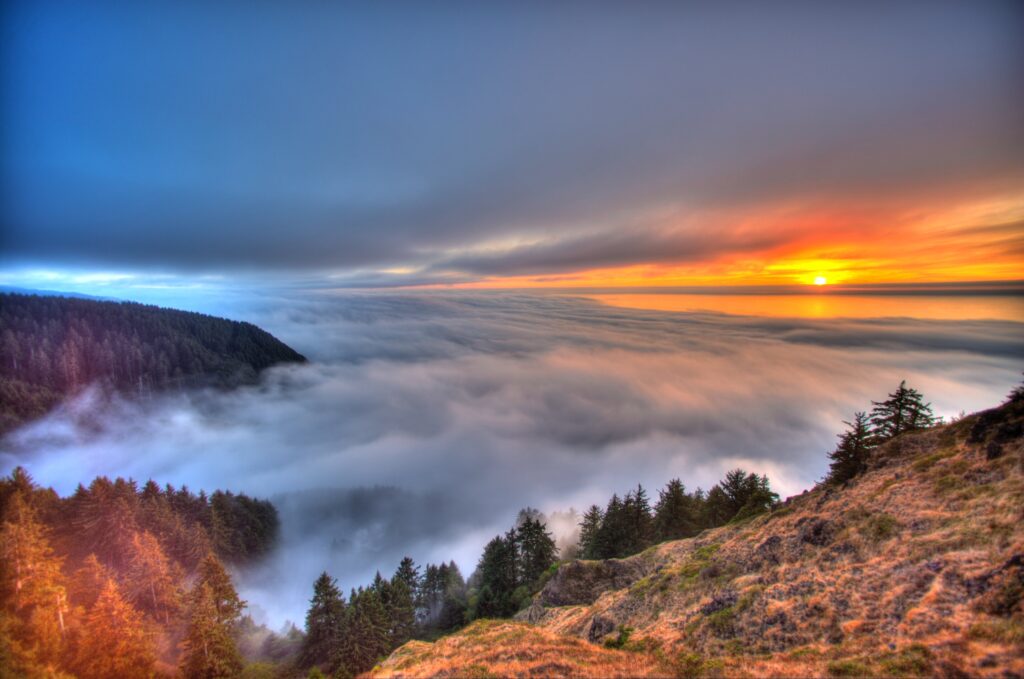Have you ever wondered what climate scientists think about our chances of stopping global warming? A new survey gives us a peek into their thoughts, and it’s a mix of worry and hope.

What’s the Big Question?
The biggest question on everyone’s mind is: How hot will Earth get? It’s not an easy question to answer. It depends on two main things:
- How sensitive our planet is to greenhouse gases
- How much carbon dioxide (CO2) and other heat-trapping gases we humans release into the air
To get some answers, researchers asked climate experts who work with the Intergovernmental Panel on Climate Change (IPCC) what they think will happen.
What Did the Experts Say?
The results are eye-opening:
- Most experts think we’ll miss our climate targets. These targets aim to keep warming below 1.5°C or “well below” 2°C.
- On average, they predict Earth will warm by 2.7°C by the year 2100.
- This is about what would happen if countries don’t do anything new to fight climate change.
Why is This a Big Deal?
A 2.7°C warmer world could be really bad news. We’re already seeing problems at just 1.3°C of warming:
- More flooding
- Hotter heat waves
- Bigger wildfires
Imagine how much worse things could get if temperatures rise even more!
Not All Experts Agree
The survey showed that climate scientists have different views:
- Some think we might still stay below 2°C of warming.
- Others worry we could see more than 3°C of warming.
- About 86% of the experts think we’ll pass 2°C of warming by 2100.
Optimists vs. Pessimists?
The researchers wondered if experts working on climate solutions would be more hopeful than those studying how climate change affects us. But they didn’t find much difference. This is a good sign – it means experts aren’t stuck in their own “bubbles” of thinking.
What Experts Think Their Colleagues Believe
Here’s something interesting: The survey also asked experts what they thought their colleagues would say. It turns out that most experts think their peers agree with them, even when they have very different views!
This is called a “false-consensus effect”. It means people often think others share their opinions, even when they don’t.
Why Does This Matter?
IPCC authors are trusted experts. They often talk to leaders and the media. If they think everyone agrees with them when they don’t, it could lead to confusion about what scientists think.
Learning from Each Other
This study helps experts understand what their colleagues think. It can help them explain climate change better, especially when there’s no clear agreement.
Remember: Scientists Aren’t Fortune Tellers
Predicting the future is hard, even for experts. While getting opinions from many experts can often lead to better guesses, we can’t know for sure what will happen decades from now.
The Big Message
The main takeaway from this study isn’t new, but it’s super important: We’re not doing enough to fight climate change. We need to do more, and we need to do it fast.
What Can We Do?
While the experts’ predictions might seem scary, remember that the future isn’t set in stone. Every action we take to reduce greenhouse gases can help:
- Use less energy at home and work
- Choose public transport, biking, or walking when possible
- Eat more plant-based foods
- Support clean energy like solar and wind power
- Talk to friends and family about climate change
Conclusion: A Call to Action
This survey shows that many climate experts are worried about where we’re headed. But it also shows that there’s still hope if we act now. By understanding what scientists think, we can make better choices and push for stronger climate action.
The future of our planet depends on what we do today. Let’s work together to create a cooler, safer world for everyone!
